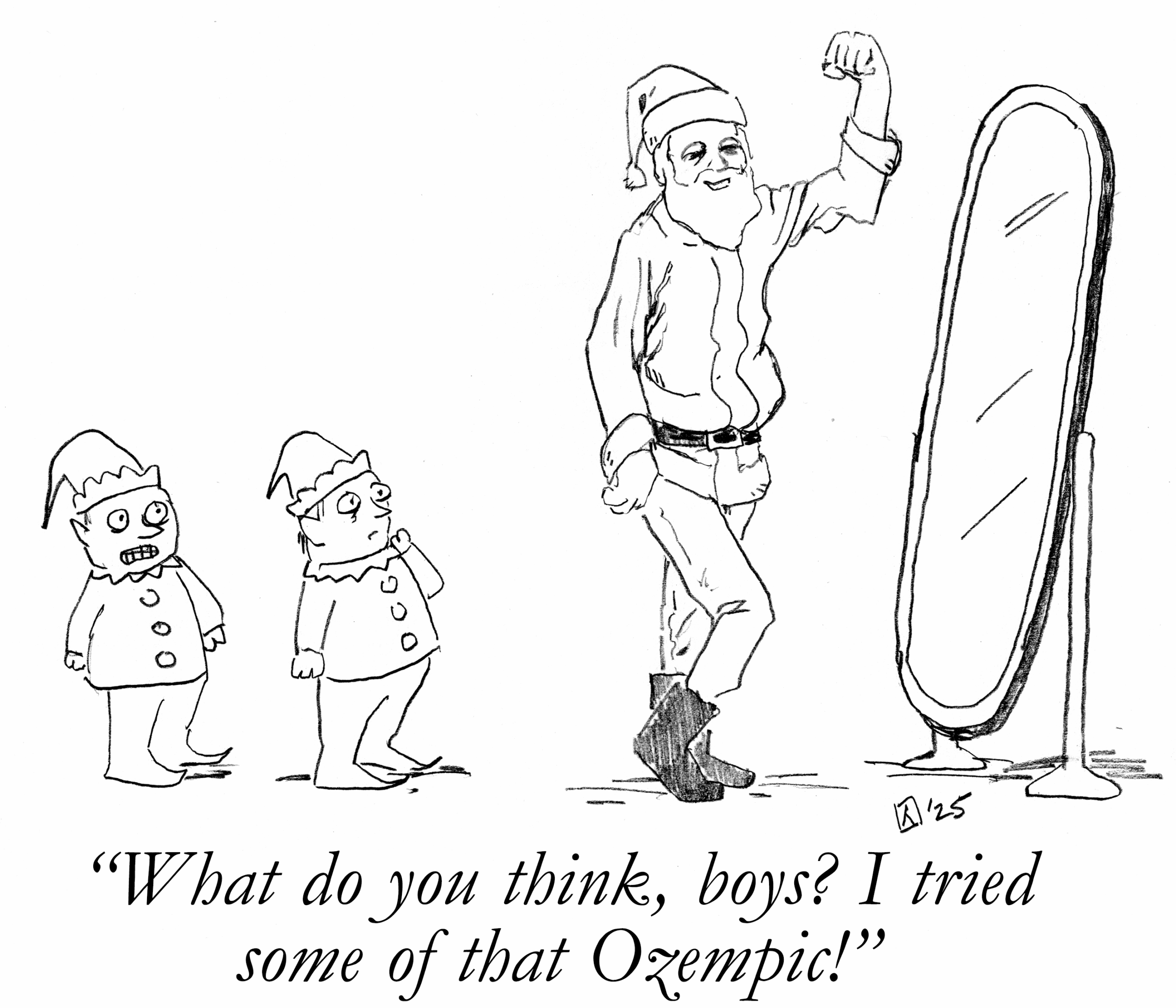“I cried for hours last night,” said one man talking about catching up on the Ukraine-Russia news the previous evening. Another woman admitted she couldn’t stop checking the news—emotionally distraught in witnessing all the personal tragedy involved in this slow-motion destruction.
Many of us can relate. The heartbreaking events unfolding in this other part of the world involve brothers and sisters, fathers and mothers, and children—all of whom are equally precious as any of us. And facing an impossibly painful and bloody ordeal that some have described as the Ukrainian “1776.”
War has been with the human family forever. But compared with previous eras, our ability to witness it in real-time, excruciating, audio-visual detail is new. And emotionally draining.
Yet how could we possibly turn away from that? “It’s like helplessly watching a bully go after a smaller, more helpless victim,” said another individual, “and not even be able to do anything.”
Immanuel Levinas once famously argued that when we’ve seen the “face of the other,” we don’t have the option of simply ignoring anymore. Not without hurting our spirits.
That’s true here as well. It’s clearly important that we witness some of this—and be reminded of the importance of doing whatever we can to alleviate suffering and help wherever we can (finding reliable places where your contribution can do good—here’s another good option—while avoiding scams)
What about the less cataclysmic needs closer to home? It can be easy to forget about and ignore some of these less dramatic aches all around us. To this, Mother Teresa—who spent her life ministering to the deepest pains all around—spoke eloquently, when she directed people back to what they could do for those closest to them, in their own midst. “Peace and war begin at home” she once taught—adding, “If you want to change the world, go home and love your family.”
While keeping an eye on that modern tendency towards self-absorption, it’s worth asking how this kind of intimate witnessing of mass casualties overseas impacts everyone else “tuning in from home.”
Clearly, these Ukrainian families and fighters—along with many unwitting Russian soldiers and their families—are going through the truest and most brutal, life-changing trauma. But after years of studying bystanders of violence between others (like children watching domestic violence), researchers now know about something called “secondary trauma”—which is painful internal changes that happen when witnessing awful things others are experiencing.
This is very different from witnessing violence in movies, which most of us are accustomed to—and which still affects us in tangible ways. Most of us, of course, recognize those images as fake though and feel reassured that it (usually) works out in the end. But for children, who can’t appreciate that something’s not really happening, the effects of even made-up television violence are especially acute.
How about televised or streamed violence that is all too real? Especially in a moment like this, it’s worth appreciating the real impact of witnessing real-time horror and devastation in others’ lives—so we can, at the very least, navigate this heartbreaking media environment in healthy ways and maybe even set some boundaries.
All of this, of course, can quickly move in a narcissistic direction—another example of being consumed in our own thoughts and feelings when others are fighting for their lives. But there’s an equally unhealthy mentality that can insist that a focus on Ukraine is the only thing that matters right now—e.g., What’s the point of fixing dinner for your kids when so many children are suffering on the other side of the world? Why should you be worried about anything when others are fighting for their lives and freedom?
Some of this does put our own problems in perspective. “Witnessing this does really help me see my smaller problems in a different light,” one woman admitted. In an article entitled, “The War in Ukraine Puts America’s Problems in Perspective,” Columbia University professor John McWhorter recently said, “America may be a mess in many ways, but a look at the headlines lately shows us what a mess really can be.” He also suggested that what’s happening overseas should also put “a check on an American tendency to overdo the self-criticism inherent to our experiment.”
All this balance is helpful. But while we can appreciate some of the courageous reporting that keeps us aware of what’s happening, some of the headlines seem to share a morbid fascination in promoting its most horrifying details—with headlines like: “Horrifying pictures paint the dark reality of death on Ukraine’s streets … Russia’s bloody grip on Ukraine intensifies … Horrific video shows Ukrainians hit by Russian missile … Heartbreaking images: victims, destruction revealed after horrifying Ukraine hospital attack … Horrifying pictures show apocalyptic scene after women and children are targeted during ‘ceasefire.’”
Horror. Horror. And more horror. No wonder many of us now have “itching” eyes—feeling a need to see more and more. But ask yourself honestly: do you really need to see all this?
For those of us who have been following Ukrainian President Zelensky’s messages, it’s all too apparent that this may not end well. The other night, after one of us followed his latest speech, a feeling of unease settled over—bringing to attention that same morbid fascination in watching this unfolding tragedy, with real life-and-death consequences.
And with nothing we could (really) do.
In that moment, it suddenly felt important to shut off all the devices and respect a line that should not be crossed in the witnessing of someone else’s suffering. Instead, a prayer was offered up to the One who knew exactly what was needed and had the power to do something about it.
In a day when “thoughts and prayers” are more often than not ridiculed as being insufficient and a distraction from “doing something,” we believers cannot abide this rhetoric. Appealing to God is more than just a distraction—it’s a unifying practice that unites all who believe in something higher than their own thoughts and feelings, and who hold on (with “surety”) to a future “hope in a better world” where this kind of thing doesn’t happen.
And where “all tears”… “every tear” will be wiped away from weary eyes.
In the meanwhile, while all too many tears flood all too many eyes, how are we to keep going?
Omniscient awareness straining mortal minds. Shelly Sawyer Jenson has highlighted the difficulty most human beings have to emotionally carry an awareness of the scope of problems everywhere in the world. As she put it, “For thousands of years, the problems most human beings have been aware of has been limited by the geographical boundaries of their own neighborhood and home—with most time and energy going to that.”
By comparison, it’s a brand new experience for many of us to be so in touch with problems all the way around the world— far from the brick and mortar of our own homes.
And it really hurts. After Moses was shown “… the world and the ends thereof, and all the children of men which are, and which were created” he “greatly marveled and wondered” with awe and joy. And yet, afterward, he eventually collapsed in exhaustion. After Enoch was shown a similar vision of the mass of people around the world and their suffering, he “refuse[d] to be comforted.”
But God didn’t leave either of these in exhausted or despairing places, saying unto one, “Lift up your heart, and be glad; and look.” At what?
Even while knowing full well the pain of His children’s aggression against each other, the Almighty points both mourning witnesses to the consolation that comes in the compensating suffering of His Son. As the text notes, “Enoch saw the day of the coming of the Son of Man, even in the flesh; and his soul rejoiced, saying: The Righteous is lifted up.”
From his own experience witnessing mass slaughter, Mormon might likewise say unto us today:
My brothers and sisters, “be faithful in Christ; and may not the things” which you keep seeing online “grieve thee, to weigh thee down unto death.” “But may Christ lift thee up, and may his sufferings and death, and the showing his body unto our fathers, and His mercy and long-suffering, and the hope of his glory and of eternal life, rest in your mind forever.”
The reality is that aside from financial contributions, there are limitations on what we can do—both individually and as nations—for these brave brothers and sisters fighting for their freedom. We can and should keep seeking to do more. And we should trust the power of united prayers.
Even while doing everything we can to support brothers and sisters in dire circumstances in Ukraine (and elsewhere), may we keep coming back to that “hope for a better world” as an ongoing source of comfort and joy.
In the meanwhile—while we hope, pray, and work towards that day—remember, it’s okay to turn off some of the endless reminders of heartache all around the world. That doesn’t make you selfish, it makes you sane.
And as you are guided, you can continue to join those providing support from a distance. Turning it off isn’t the same thing as “turning away.”
Our earnest prayers continue to flow for our suffering brothers and sisters in Ukraine, Russia—and all around the world.















